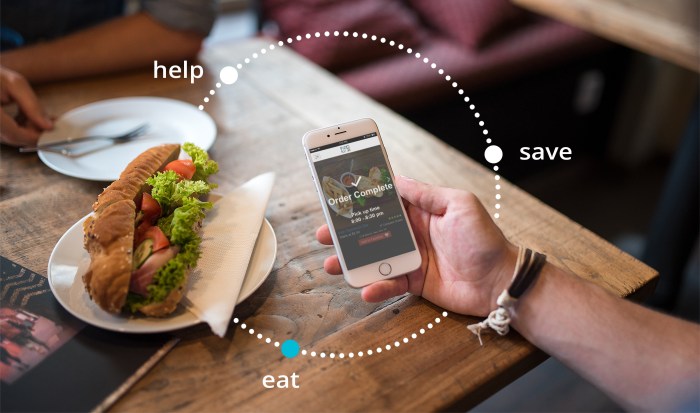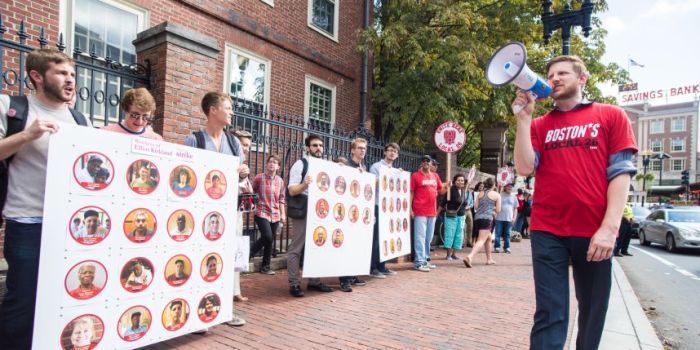A handful of prospective freshman had their Harvard dreams dashed recently when the school withdrew their offers of admission, following news that the potential students had posted racist and sexist memes in a private Facebook chat.
Though the move may have been unexpected for the students affected, experts say there’s an unfortunately common trend of individuals not realizing that their online actions could have such consequences.
Dan Schawbel is a millennial career and workplace expert at the consulting firm Millennial Branding. He says his mission is to “support my generation from student to CEO,” but also acknowledged that it isn’t just millennials who face backlash for their online activities.
“It actually doesn’t seem like anything new that I haven’t seen in the past 10 years,” he said of the Harvard incident.
“Things like this happened back then, they’re happening now and they’ll happen 10 years from now,” he said. “It’s the same lesson over and over: Be smart about what you publish online, whether in a private or public group, it’s part of permanent record.”
Schawbel said that the students who had their admissions rescinded might be really nice people, but their actions online posed a risk to the Harvard “brand.”
Colleges have always had the right to rescind admission offers; Harvard even noted that right in the description of the official Harvard College Class of 2121 Facebook group.
“As a reminder, Harvard College reserves the right to withdraw an offer of admission under various conditions including if an admitted student engages in behavior that brings into question his or her honesty, maturity, or moral character,” the description reads.
Schawbel said that this specific case is getting attention simply because it happened at Harvard, a university known for its difficulty to get into. Harvard accepted 5.2 percent of applicants into the class of 2121.
“The reality is that Harvard, in a sense, is a company … and they don’t want to have people at their company or school that don’t reflect the brand and that could hurt their reputation,” he said. “Since there’s so much competition to get in, these people are all replaceable.”
The risk of accepting students who would post such controversial things online wasn’t worth it to the school, he said. Companies weigh these risks as well, for applicants of all ages.
“It’s everyone, there’s just more examples involving millennials because we’re part of generation who are early adopters of technology, more likely to share and want instant gratification,” Schawbel said.
But why would people post racist and sexist images online anyway? Well, there’s “no friction” immediately when you post something to the internet, Schawbel said, so people are not thinking about the consequences.
The once-prospective students were also posting in a private group, which Schawbel said provided a “false sense of security.” In reality, nothing is private online.
Schawbel said he’s heard from people who want help with fixing the negative internet results tied to their name, but in that case, the problematic postings are already out there.
“I think the issue is that most people are reactive instead of proactively being smart,” he said.
Schawbel’s advice? “Overall, throughout your whole life, you have to be smart about what you publish,” he said. “Obviously stay clear of anything connected to race, class, gender, politics. Focus more on skills, expertise and knowledge.”
It may seem obvious to some, but there’s a reason it’s common belief that people have to learn from their own mistakes. And this certainly isn’t the last instance of such consequences for online actions, Schawbel said.
“It will happen much more because we’re in a society where technology is changing how we operate relationships, apply for jobs, everything, and it just affects all of us,” he said. Ultimately, “it’s about being smart, about not rushing in and posting something, but thinking twice.”


























